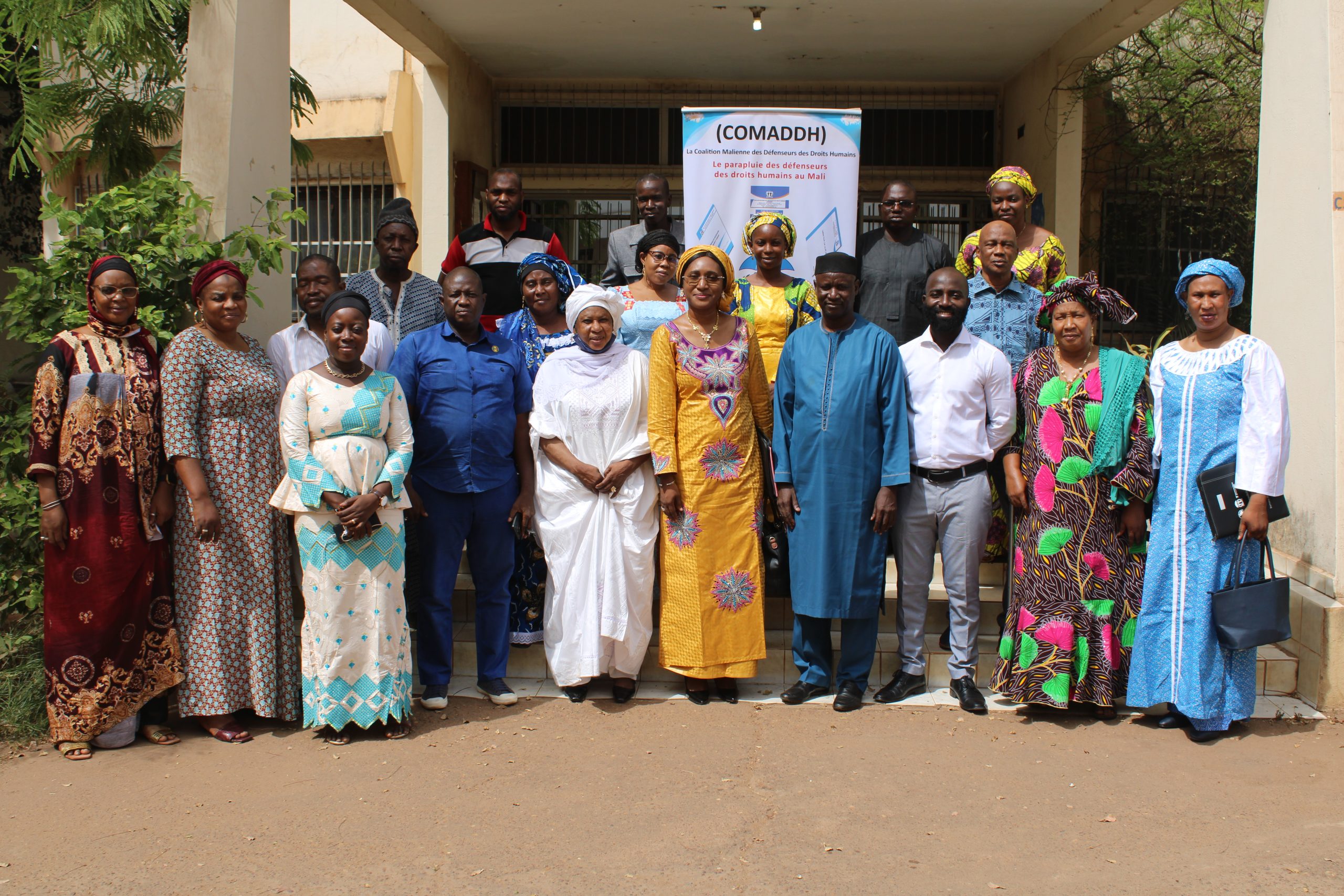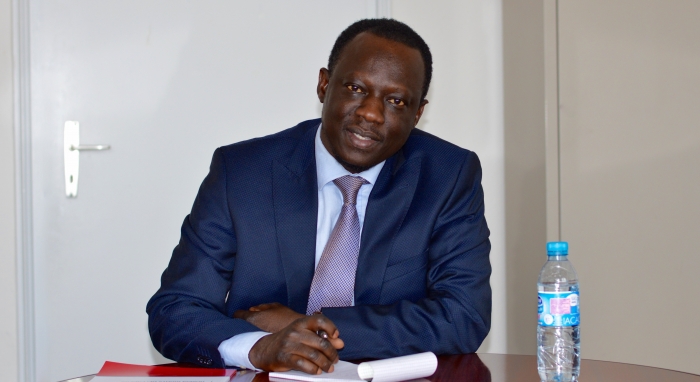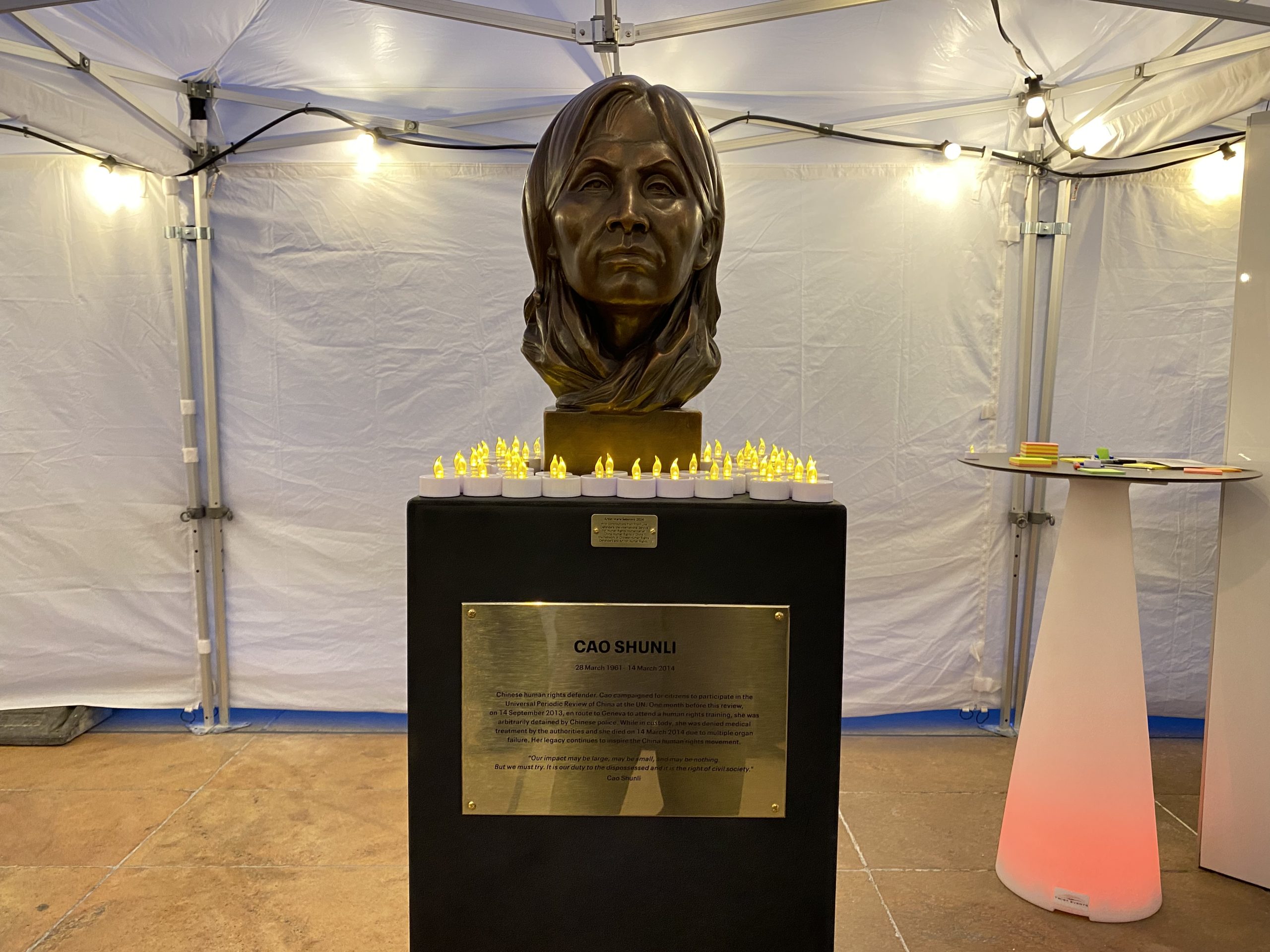On 12 October 2023, the current Special Rapporteur on the Rights to Freedom of Peaceful Assembly and Association presented his final report at the Third Committee during the 78th session of the UN General Assembly. The report comes in the backdrop of global insecurity, violent conflicts, democratic backsliding, military coups and armed insurgencies, leading to serious human rights violations. It highlights the critical role of civil society and the importance of the rights to freedom of peaceful assembly and association in ensuring inclusive peace and democratic transitions.
Based on engagement with various stakeholders across the globe, the Special Rapporteur observes that in the exercise of their rights to freedom of peaceful assembly and of association, these movements and associations have played at least seven key roles in peacebuilding and democratic transitions, namely: protection and service delivery; monitoring and early warning; mobilisation and agenda setting; socialisation and sensitisation; direct representation at the negotiating table; and participation in transitional justice and accountability processes. The inclusion and participation of diverse groups, including marginalised communities, allows for those affected to shed light on their grievances, instilling ownership and credibility in these processes.
Despite evidence of this key role of civil society actors, individuals and groups face growing restrictions and threats for exercising their rights to freedom of peaceful assembly and of association in the context of peace and transition processes, undermining their participation. They are subject to varied attacks and human rights violations by State and non-State actors including enforced disappearances, kidnappings, arbitrary detention, extrajudicial killings or summary executions, torture, other forms of ill-treatment as well as reprisals including for their collaboration with the UN. Marginalised communities such as women, youth, LGBTIQ+ persons, Indigenous groups are particularly underrepresented and sidelined in these processes. These abuses and exclusion have resulted in self-censorship or withdrawing of critical civil society voices from public participation.
In his report, the Special Rapporteur has proposed several recommendations to States, the UN and the international community to ensure the meaningful inclusion of civil society and protection of their rights to freedom of peaceful assembly and association fundamental rights. These include ensuring civil society’s active engagement in decision making processes, refraining from suppressing dissent, adopting protection laws, providing technical and financial support as well as ensuring accountability for all acts of reprisals and serious human rights abuses against activists and protesters in the contexts of peace and transition.
During the Special Rapporteur’s presentation, several States expressed support for participatory approaches, recognising in particular the role of women and other marginalised groups in these processes. Some others raised concern about ongoing and emerging restrictions on these rights and growing restrictions against civil society. Switzerland raised alarm about the recurrence of threats and use of force by security forces against peaceful demonstrators and called for States and non-State actors to refrain from unlawful use of force. The Czech Republic and European Union called for States to adopt protection laws, to repeal restrictive legislations such as anti-terrorism laws which are often misused to restrict the rights of civil society, and to ensure investigation of alleged human rights violations against civil society actors.
‘We welcome the Special Rapporteur’s report highlighting the indispensable role of civil society actors and their right to freedom of assembly and association in sustaining peace and democracy,’ said ISHR’s Maithili Pai. ‘We call on States, the UN and the international community to proactively ensure inclusive, safe and resourced environments for civil society to meaningfully participate in and contribute to these vital processes,’ she added.
Download as PDF




